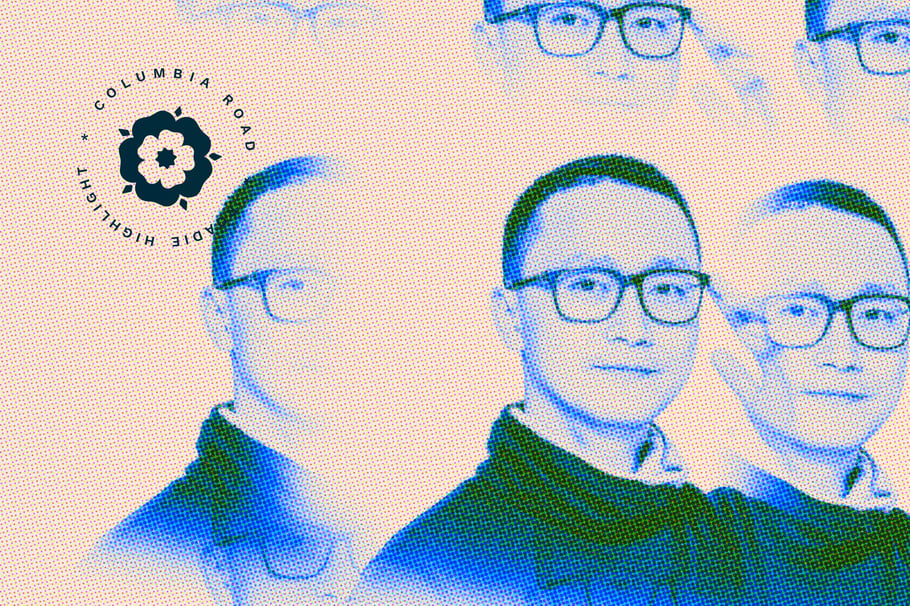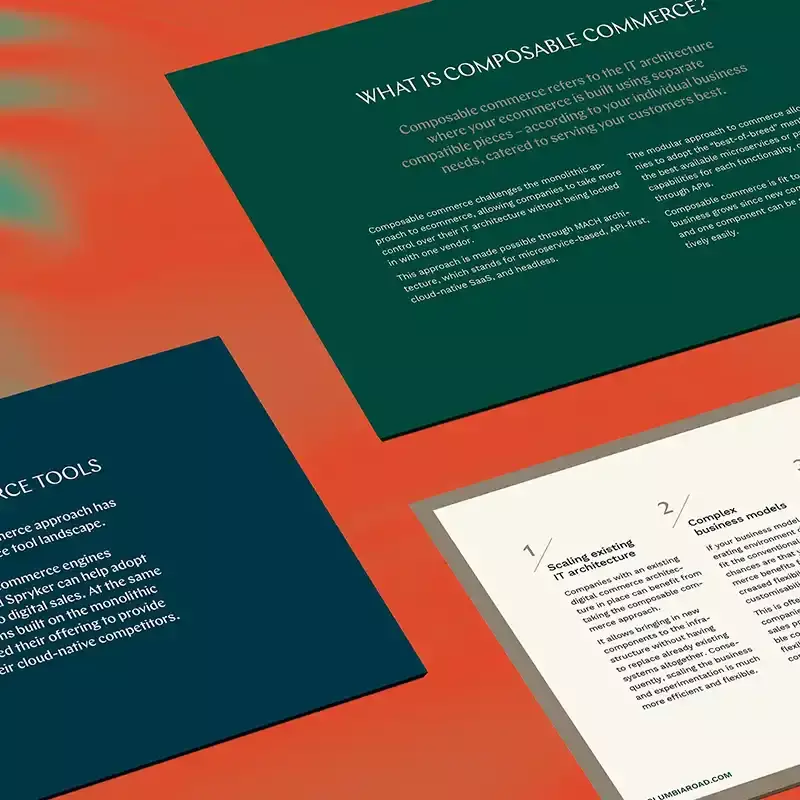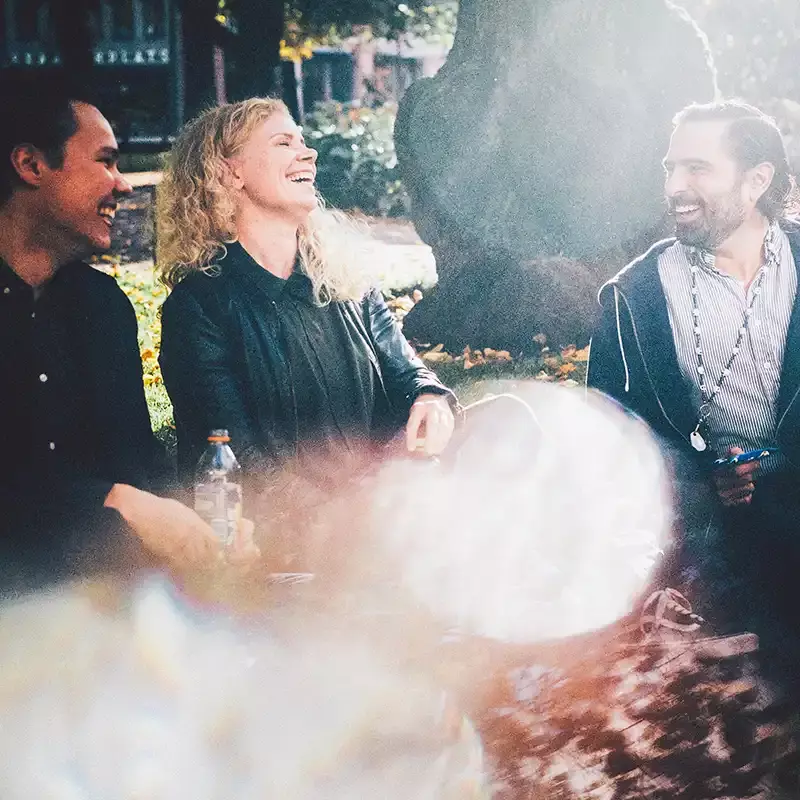Join us
If the benefits of a consultancy company sound like something you’d like to experience, we’d love to hear from you. Have a look at our open positions, find one that suits and get in touch!
Join Columbia Road
When you’re a web developer like me, you’ll either be working in a consulting company or a product company. While both have their benefits and I’ve worked in both over my career, I’m currently a senior software development consultant at Columbia Road, so the benefits of consultancy are top of my mind.
Zig-zagging between product design and consultancy
Twelve years ago, I trained as a software engineer in Vietnam. Then after graduating, I founded my own education product company specialising in user experience and interaction design. A few years later, I joined a software consultancy for the gaming industry, and then in 2014, I moved to the Nordics to do a Master’s in human interaction design. After that, I worked in a product company before joining Columbia Road. As you can see, I’ve moved from product design to consultancy and back throughout my career, so I’m well placed to see the positives and negatives of both sides.
Product work can be good…
All the product companies I’ve worked in have been small-scale, so my viewpoint is limited to that. In a product company your focus is naturally on the product and how it performs; your motivation is numbers and product success, with clear goals such as reaching 100,000 customers. If you reach your goals, you’re happy. If you stay there long enough you gain deep knowledge of both the technology you’re using and the field of knowledge – for example, I gained lots of insights into the parking industry and learned about education. The longer you stay, the more ownership you have and the greater impact you can make – your voice has a lot of weight as you’ve learned so much.
… and not so good
On the flip side, one drawback can be getting bored. You’re sticking with one technology for a long time, and it’s hard to find the time to change as the dev cycle is day-to-day. If your company is big enough, you can find people to cover you so you can do some self-development, but I was the only one who knew the things I was working on. This wasn’t healthy: there was little help available when the work got demanding, and I had to do a lot of overtime. In addition, work morale is really affected by product performance – it’s good if it’s going well, but when the numbers are down, everyone feels terrible.
Why I made the change
After five and a half years in my last product company, I felt I was becoming slow to adapt to change and I didn’t have time to try new things. I like to learn by doing and I wasn’t learning enough – I wanted to experience new things and learn new technologies. In consulting, you work in several different domains across multiple projects so you can broaden your knowledge – this can also help with morale as there will always be projects that lift you up. I decided to take the leap and applied to Columbia Road.
The benefits of being a consultant
A lot of my time is obviously still spent coding, but my days are also filled with everything else in the development process: planning, implementing technical solutions, maintaining clients’ systems and fixing bugs. I have a range of projects in different domains and I learn so much every day from real experts in their fields: the stakeholders and product owners that are my clients. I get to indulge my curiosity and have more hands-on experience. There are also more opportunities to improve my communication skills, especially when switching between multiple projects. Some of the benefits of being a consultant are Columbia Road-specific though.
We have an amazing community
In the interview before I joined Columbia Road, I said I wanted to feel part of a community, and this is something I’ve definitely found here. We are a group of nice people who work and share hobbies together; I feel like I belong to something, and that makes me happy. I’m an introvert, but I like socialising – I get motivated by the people I work with and feel a positive pressure to be the best I can be.
Although I’d heard about the community at Columbia Road before I joined, and how much the company cares about employees and the employees care about each other, it still surprised me. There are mental health check-ins and flowers if you are ill, and people are always ready to help before anything becomes a problem.
A genuinely flat hierarchy
We don’t have managers we report to; we do our own job and manage ourselves, with the responsibility and freedom to decide our work schedule, how we work and what we work on. There are soft guidelines to help you, and always at least two people responsible, so there’s always backup if you need a break or fall ill. This responsibility sharing is invaluable and avoids a lot of stress. People are really good at knowledge sharing too – if you don’t know something, there are lots of opportunities for sparring and learning from others, which is often the best and fastest way to learn.
And some great times
I have many happy memories of small, cute events, like on my first day when all the devs gathered for a sauna and a chat. It was a great chance to talk to new colleagues, and I felt very welcome. There have also been relaxed lunches where we talk about work, our families and other stuff, and times when we try new things together – everything from bouldering, which has become a new hobby for me, to building a gingerbread house!
The Data Handbook
How to use data to improve your customer journey and get better business outcomes in digital sales. Interviews, use cases, and deep-dives.
Get the book




